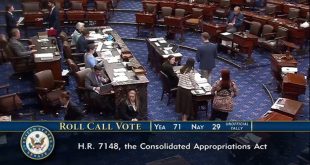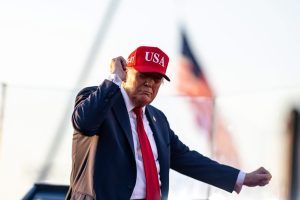President Donald Trump signed an executive order extending the expiration date of certain U.S. tariff rates to August 1, 2025. Originally set to expire on July 9, the tariff measures are part of a broader effort by the Trump administration to reshape America’s trade policy around reciprocity and reduce the goods trade deficit.
The decision follows recommendations from senior administration officials and reflects progress in recent trade negotiations. According to the White House, since the tariff rates were modified roughly 90 days ago, several countries have offered or agreed to lower their tariffs and ease non-tariff barriers, signaling movement toward more balanced trade relationships.
Despite this progress, the administration noted that the U.S. trade deficit remains “severe” and declared that further action is necessary.
As part of Monday’s actions, President Trump also sent formal letters to multiple countries outlining new reciprocal tariff rates, which will take effect on August 1. These letters explain that the revised tariffs are meant to address longstanding trade imbalances and what the administration describes as a “national emergency” caused by the persistent U.S. goods trade deficit.
The countries receiving tariff notifications include Japan (25%), South Korea (25%), South Africa (30%), Kazakhstan (25%), Laos (40%), Malaysia (25%), Myanmar (40%), Tunisia (25%), Bosnia and Herzegovina (30%), Indonesia (32%), Bangladesh (35%), Serbia (35%), Cambodia (36%), and Thailand (36%).
Tariff rates for some of these nations are higher than previously announced in April, while others will face reduced rates. Additional notifications may be sent in the coming weeks, according to the administration.
The White House framed the move as part of a broader strategy to restore “economic sovereignty” and protect U.S. national security. Officials argue that decades of non-reciprocal trade practices have harmed American manufacturers, farmers, and workers.
Trump has offered an alternative path to avoid tariffs: foreign firms are encouraged to invest and manufacture in the United States. He pledged to streamline regulatory approvals to facilitate domestic production and job creation.
Monday’s executive order follows a declaration from April 2, when the president cited a national emergency over the nation’s trade imbalance. The administration continues to push for expanded market access for American exporters and a reduction in foreign trade barriers.
While the effectiveness of the new tariffs remains to be seen, the administration claims the policy is a necessary step toward long-term economic fairness and sustainability.



